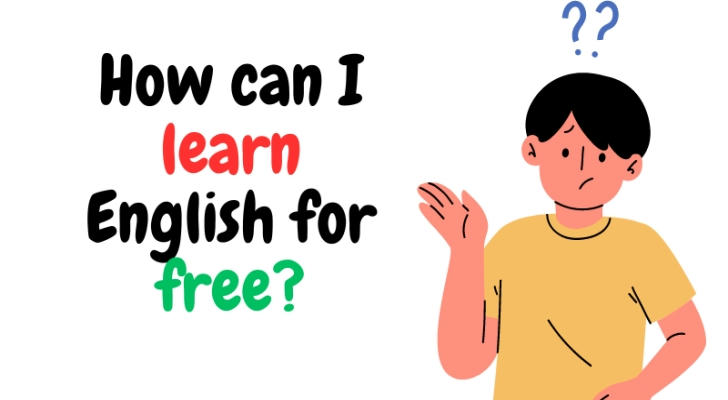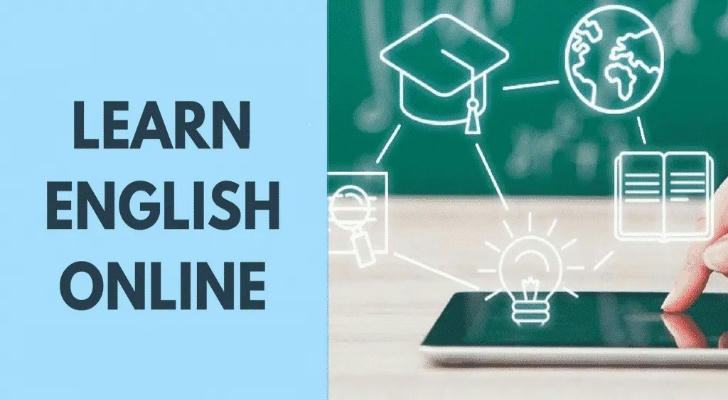How to Learn English for Free: Success Stories and Free Online Tools That Actually Work
In today’s interconnected world, learning English is more important than ever. Whether for career advancement, travel, or personal development, mastering English opens doors to countless opportunities. However, not everyone has the financial means to attend expensive language courses. The good news is that with the rise of free online resources, anyone with an internet connection can start learning English without spending a penny. In this article, we’ll explore how two learners achieved success using free platforms and how you can do the same.

Success Stories: Real Learners Who Achieved Their Goals
Let’s dive into two real-life examples of individuals who successfully learned English using free online resources.
Case 1: Sarah (Beginner Level)
Sarah was a complete beginner when it came to English. She had never studied the language before and needed to learn it for her job, as her company was expanding internationally. With no time to attend formal classes and a limited budget, she decided to try free resources.
• Learning Methods:
• Sarah started with Duolingo, a popular language learning app that offers bite-sized lessons focused on vocabulary and sentence structure. She committed to 20 minutes of daily practice, which helped her build a solid foundation.
• For more structured lessons, Sarah used BBC Learning English. This platform provided free video lessons, pronunciation guides, and grammar tips tailored to beginners.
• She also signed up for Tandem, a language exchange app where she could chat with native English speakers, improving her speaking and listening skills.
• Results:
• After just three months of consistent practice, Sarah was able to introduce herself, ask simple questions, and understand basic conversations in English. Her progress boosted her confidence, and she was able to start communicating with international colleagues at work.
Case 2: John (Intermediate Level)
John had a basic understanding of English, but he wanted to take his skills to the next level. He had difficulty speaking fluently and was looking for ways to improve his pronunciation and understanding of more complex topics.
• Learning Methods:
• John continued using BBC Learning English, but focused on their intermediate-level lessons, which covered more complex grammar structures, vocabulary, and listening exercises.
• To expand his vocabulary, John turned to Memrise, a platform that uses spaced repetition to help learners retain new words. This was especially useful for learning vocabulary related to his work and interests.
• For speaking practice, John used HelloTalk, a language exchange app where he could chat with native English speakers via text, voice, and video. This helped him practice real conversations and improve his fluency.
• Results:
• Six months later, John was able to hold fluent conversations in English, discussing topics such as work, hobbies, and current events. He could understand English podcasts and news broadcasts, which further enhanced his comprehension and confidence.

Free Resources for Learning English
As you can see from Sarah and John’s stories, free online resources can be incredibly effective for language learning. Here are five excellent platforms that can help you get started with English, regardless of your current level:
Duolingo
• Best for: Beginners
• Features: Duolingo’s game-like structure helps you learn vocabulary and sentence patterns through short, interactive lessons. It’s an excellent starting point for beginners who want to build a solid foundation in English.
BBC Learning English
• Best for: All levels
• Features: This platform offers comprehensive lessons across all levels, including beginner, intermediate, and advanced. It includes videos, grammar explanations, and pronunciation guides, which will help you improve your speaking and writing skills.
Memrise
• Best for: Expanding vocabulary
• Features: Memrise uses a spaced repetition system to help you memorize and retain new words. It’s perfect for learners who want to expand their vocabulary quickly and effectively.
Tandem / HelloTalk
• Best for: Speaking practice
• Features: These platforms connect you with native English speakers for language exchange. You can chat via text, voice, or video, providing you with real conversation practice that will improve your fluency.
YouTube Channels (e.g., English with Lucy, BBC Learning English)
• Best for: Listening and comprehension
• Features: Many YouTube channels offer free English lessons, covering grammar, vocabulary, pronunciation, and real-life conversation practice. The visual and audio content makes it easier to follow and understand.

How to Learn English Efficiently Using These Resources
Here are a few tips to maximize the benefits of these free tools:
Be Consistent: The key to success is consistency. Try to practice for at least 20-30 minutes every day. Consistent practice will help you build a solid foundation and improve over time.
Start Simple: If you’re a beginner, focus on basic vocabulary and simple sentence structures. Use Duolingo and BBC Learning English to start with the fundamentals.
Balance Speaking and Listening: Make sure you practice speaking and listening regularly. Tandem and HelloTalk are great for real conversations with native speakers, while BBC Learning English offers listening exercises that can help you improve comprehension.
Expand Your Vocabulary: Use Memrise or similar platforms to enhance your vocabulary. The more words you know, the more confident you will feel in both speaking and understanding English.
Combine Resources: Don’t rely on just one platform. Use Duolingo to build vocabulary, BBC Learning English for structured lessons, and Tandem for speaking practice. A well-rounded approach will help you improve faster.
Conclusion
Learning English doesn’t have to be expensive. With the abundance of free online resources available, you can start your journey to fluency without spending money. Just like Sarah and John, you can make great progress by being consistent and using the right tools. Whether you’re starting from scratch or looking to improve your existing skills, there’s no shortage of free resources to help you succeed.
